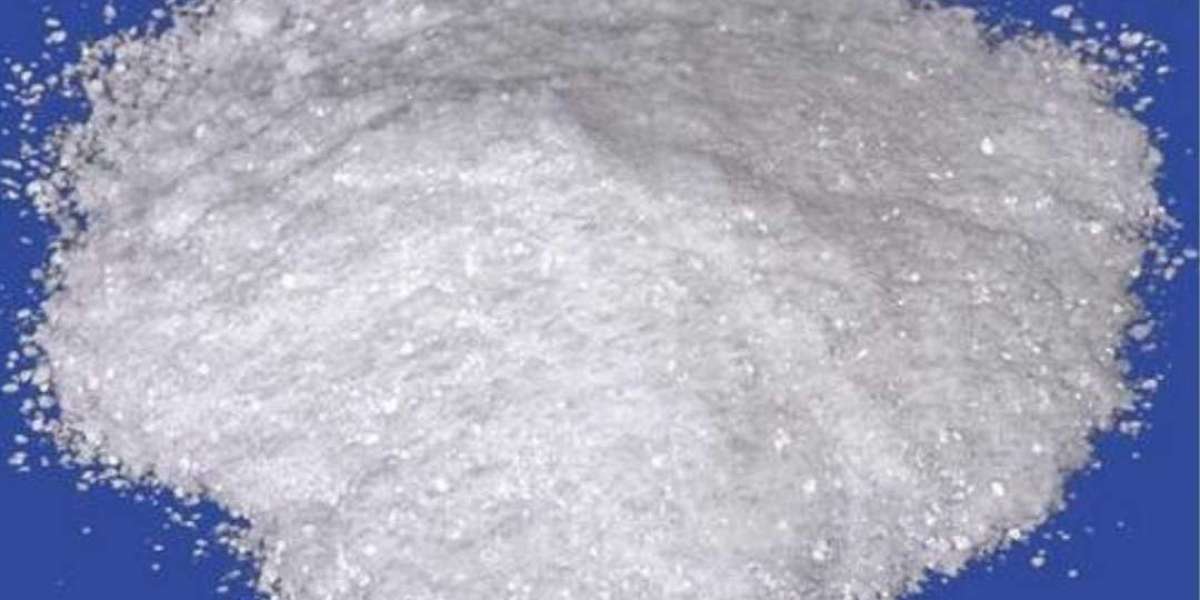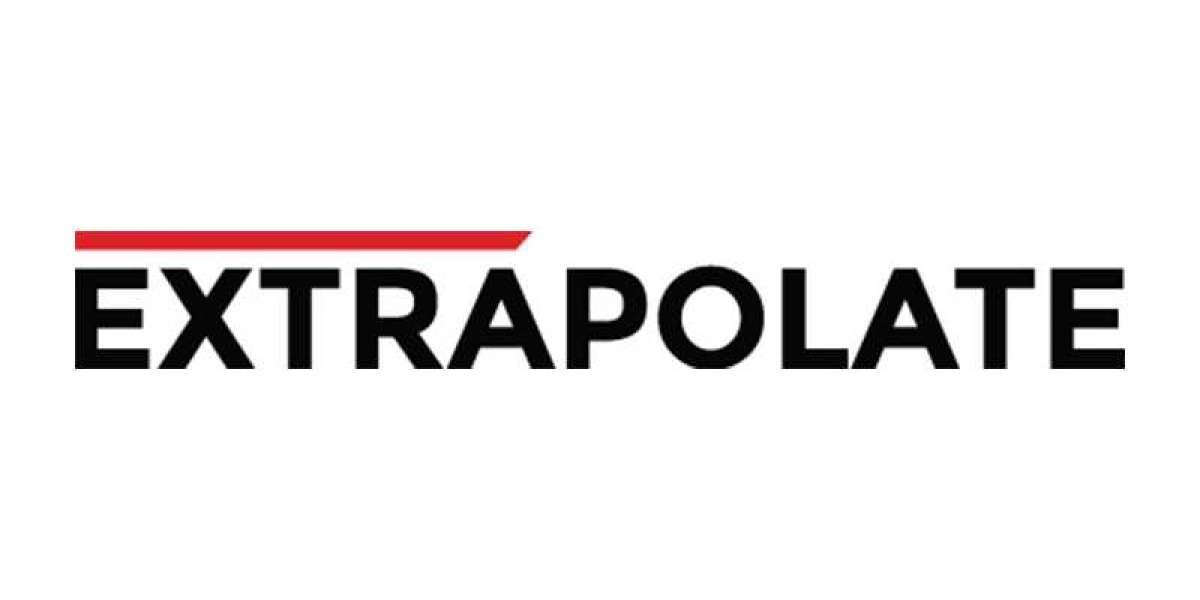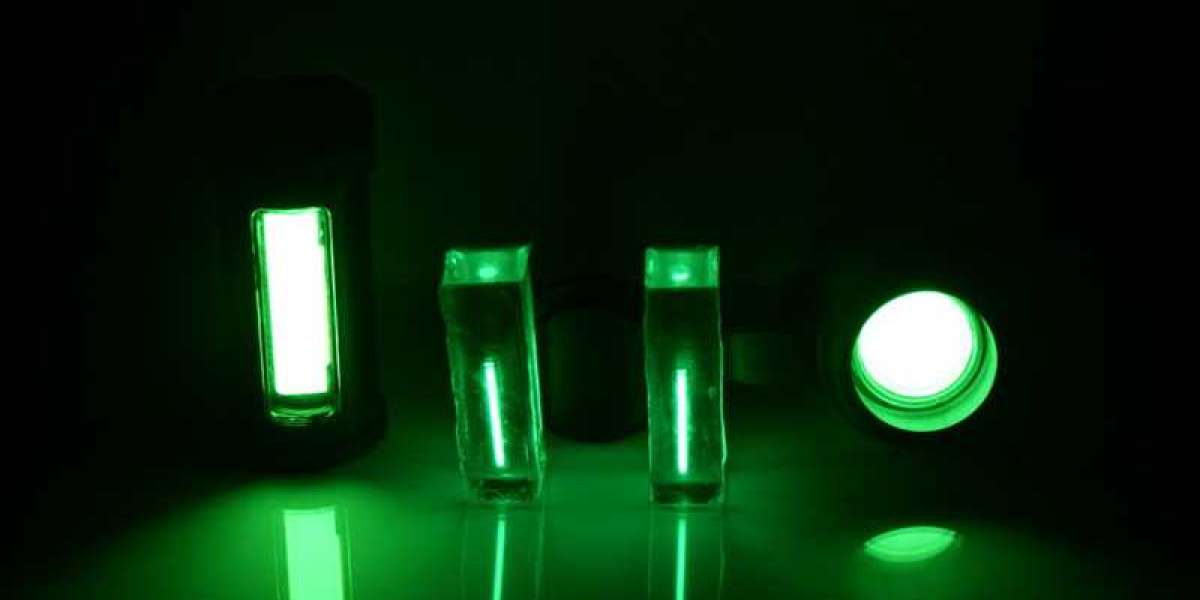Comparing Lithium Concrete Densifiers to Traditional Sealers: When to Use Each
Concrete surfaces are an integral part of various construction projects, from industrial floors to residential driveways. To protect and enhance the performance of concrete, two common options come into play: lithium concrete densifiers and traditional concrete sealers. In this article, we'll delve into the key differences between these two products and help you determine when to use each.
Lithium Concrete Densifiers:
Penetrative Nature: Lithium concrete densifiers are designed to penetrate the surface of concrete. They react chemically with the free lime in the concrete to form a crystalline structure that fills pores and capillaries. This process strengthens the concrete from within.
Permanent Bond: Once applied, lithium densifiers create a permanent chemical bond with the concrete. This bond makes them highly durable and long-lasting, ensuring that they won't wear off or need frequent reapplication.
Enhanced Strength: One of the primary benefits of lithium densifiers is their ability to increase the surface hardness and abrasion resistance of concrete. This makes them ideal for high-traffic areas like warehouses, factories, and commercial spaces.
Dust Reduction: Lithium densifiers help reduce dusting on the concrete surface, which is especially important in industrial settings where dust can be a safety hazard.
Minimal Change in Appearance: They typically have little to no impact on the appearance of the concrete, making them suitable for projects where maintaining the natural look of the surface is important.
Traditional Concrete Sealers:
Surface Coating: Traditional concrete sealers create a protective surface coating on top of the concrete. They do not penetrate as deeply as lithium densifiers.
Temporary Protection: Sealers offer temporary protection and may require periodic reapplication, especially in high-traffic areas or outdoor settings exposed to the elements.
Aesthetic Enhancement: Some sealers are designed to enhance the appearance of concrete by providing a glossy or matte finish. This can be desirable for decorative concrete applications.
Stain Resistance: Sealers can provide good stain resistance, making them suitable for outdoor concrete surfaces such as driveways and patios.
When to Use Each:
Lithium Concrete Densifiers: Use lithium densifiers when you need to strengthen and harden the concrete from within, particularly in high-traffic industrial and commercial environments. They are also a great choice when you want to minimize changes to the concrete's appearance while enhancing its performance.
Traditional Concrete Sealers: Opt for traditional sealers when you want to create a protective surface barrier with an emphasis on aesthetic enhancement. They are suitable for decorative concrete, outdoor areas, and projects where you are looking for temporary protection and easy maintenance.
Conclusion
In summary, the choice between lithium concrete densifiers and traditional sealers depends on your project's specific requirements, including durability, appearance, and maintenance considerations. By understanding the differences between these products, you can make an informed decision to achieve the best results for your concrete surfaces.








